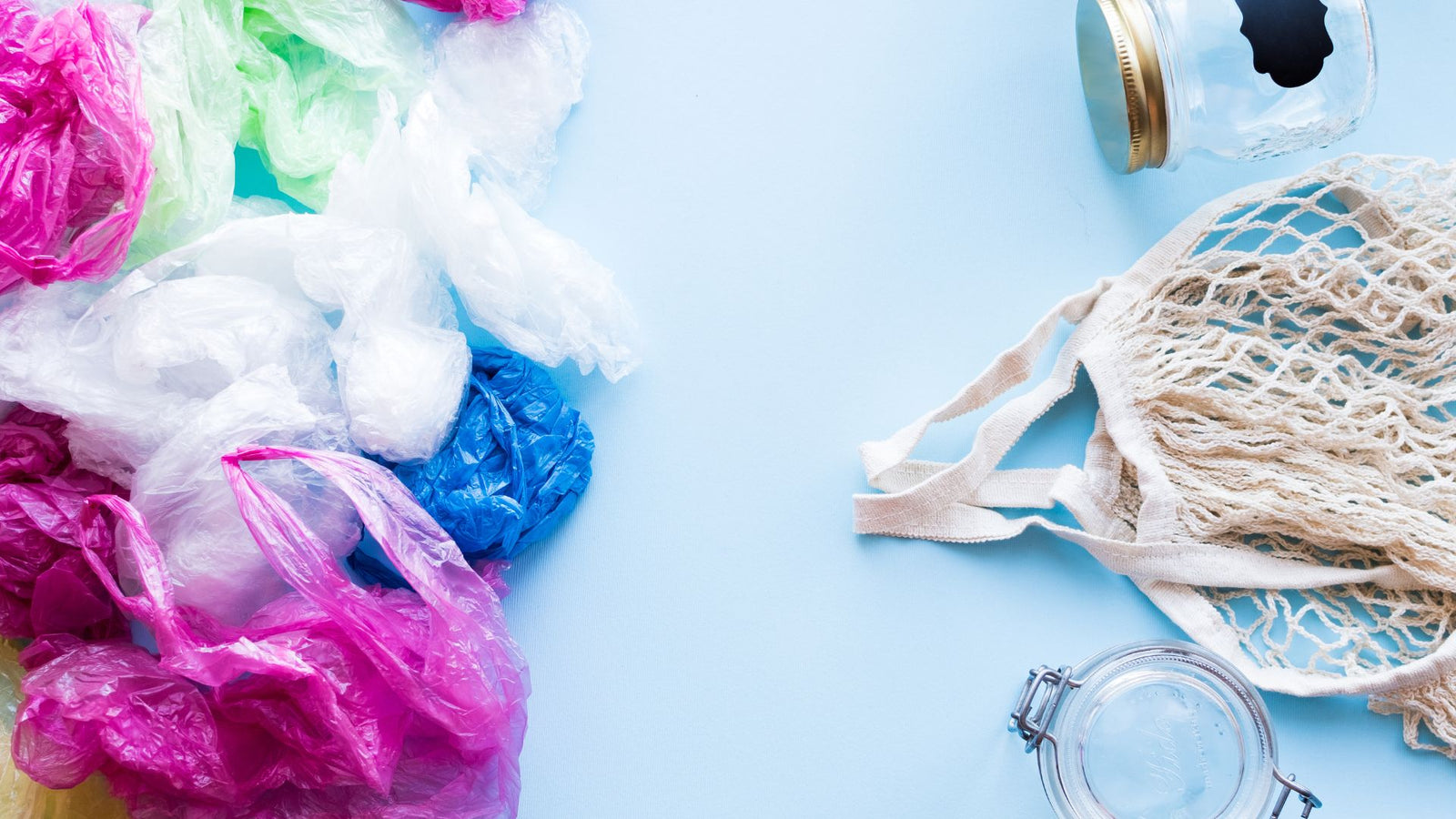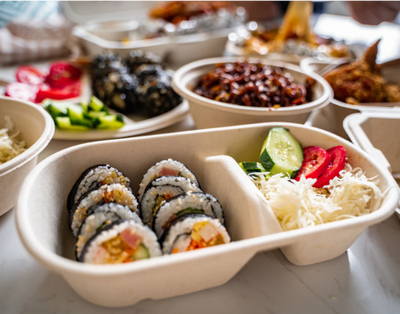As the world grapples with the environmental crisis caused by plastic pollution, many are turning to plastic alternatives in hopes of finding a more sustainable path. However, not all these alternatives are as green as they appear. It's crucial to critically evaluate these options to ensure we aren't simply trading one problem for another.
1. Biodegradable Plastics

Biodegradable plastics have garnered significant attention as an eco-friendly solution. However, their decomposition often requires specific conditions, such as industrial composting facilities, which are not always available. When these plastics end up in landfills, where there is insufficient oxygen, they can produce methane—a potent greenhouse gas. Even more concerning, biodegradable plastics can take hundreds of years to decompose, much like traditional plastics. Over time, they break down into microplastics, which pose direct and indirect threats to marine and terrestrial life. This means biodegradable plastics might not always fulfill their green promise.
2. Bamboo Products

Bamboo is often touted as a sustainable alternative due to its rapid growth and low maintenance. Nonetheless, many bamboo products are manufactured using adhesives and chemicals that diminish their environmental benefits. Thus, the eco-friendly label on bamboo products can be misleading, masking the hidden environmental costs associated with their production.
3. Paper Bags and Paper Straws

Paper bags and paper straws, long considered a greener alternative to plastic, actually demand more energy and resources during production. The process involves significant water and energy consumption, not to mention the number of trees being cut down. This makes paper bags and straws less environmentally friendly than commonly believed. Additionally, paper straws, in particular, perform poorly when used with drinks; they get soggy quickly, resulting in a bad experience that few want to repeat. This trade-off calls into question the true sustainability of replacing plastic products with paper ones.
4. Clothes Made with “Recovered” Plastic

Clothes made from “recovered” or recycled plastic bottles have become increasingly popular as a way to reduce plastic waste. While this seems like a positive step, the process of converting plastic bottles into fabric involves significant energy and chemical use. Additionally, these clothes shed microplastics during washing, which can end up in waterways and oceans, posing a threat to marine life. Therefore, the environmental benefits of using recovered plastic for clothing are more complex and less straightforward than they initially appear.
5. PLA (Polylactic Acid) Products

PLA products, although plant-based, share the same industrial composting requirement as corn-based plastics. PLA, or polylactic acid, is derived from renewable resources like corn starch or sugarcane, making it an attractive alternative to petroleum-based plastics. However, despite its renewable origins, PLA does not decompose effectively in natural environments, such as home compost piles or marine settings.
For PLA to break down properly, it needs to be exposed to high temperatures, specific humidity levels, and microbial activity found only in industrial composting facilities. In these controlled conditions, PLA can decompose within a few months. However, without these specific conditions, PLA can persist in the environment for many years, similar to conventional plastics. This persistence can lead to the formation of microplastics, which pose significant threats to wildlife and ecosystems.
The Truly Green Solution: EQUO's Compostable Products

Amidst the array of plastic alternatives, EQUO's compostable products stand out as genuinely sustainable options. These products are designed from the ground up with environmental impact in mind. Made from sustainable resources like sugarcane, coffee, coconut, and rice, EQUO’s compostable products are tailored for home composting systems, breaking down naturally without the need for industrial facilities.
EQUO’s approach ensures that their products decompose efficiently and return to the earth without leaving harmful residues. This represents a significant advancement in the quest for viable plastic alternatives. Unlike many options that only appear green on the surface, EQUO’s products deliver on their promise, providing a practical and effective solution to the problem of single-use plastics.
Conclusion
Choosing truly sustainable products is more important than ever. While many plastic alternatives may seem like a step in the right direction, it’s essential to examine carefully their environmental credentials carefully. EQUO’s compostable products offer a promising path forward, demonstrating that it is possible to create materials that are both practical and genuinely eco-friendly.
By continuing to make informed choices and supporting products that prioritize sustainability, we can contribute to a healthier planet. Every decision we make has the potential to impact the environment, and together, we can work towards a greener future.


